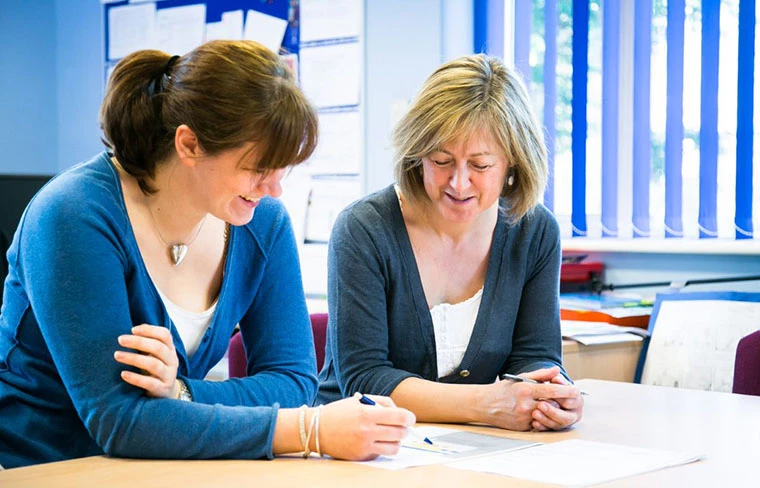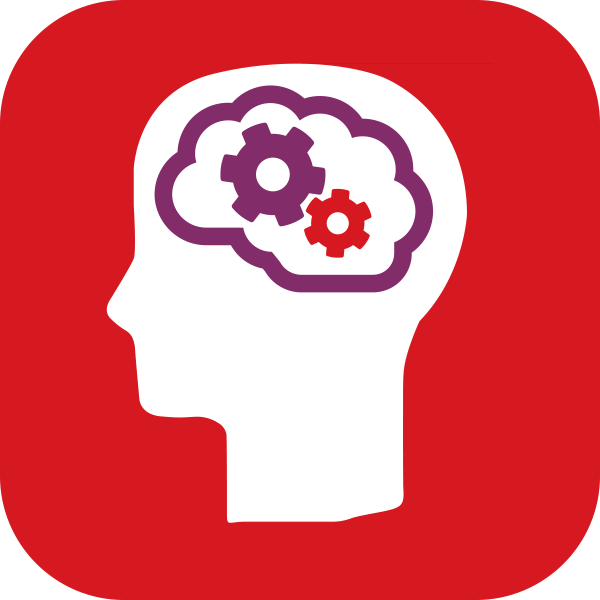“ ”
Cognitive ability testing
The CAT4 verbal, non-verbal, quantitative and spatial ability tasks are used as a starting point to provide teachers with information on children’s strengths, weaknesses and learning preferences.
Emma explains more: “CAT4 helps us to explore academic potential. We use the data alongside other tests to check for a disparity between ability and achievement. Inclusion is a focus for the UAE and an important part of how we operate at JESS. If we are not seeing appropriate progress for a child’s ability, we need to either adapt the curriculum or delve further.
We have high expectations for all our children, so it’s important to root out any specific areas of difficulty for them. We analyse results carefully, discussing them in regular progress meetings to examine who is and isn’t achieving – for example, is there a gender difference and do we need to respond?”
Pinpointing areas of difficulty
If attainment isn’t aligned with CAT4 scores or there is a discrepancy of more than 20 points between the individual strands of CAT4, the school applies their ‘graduated response’ strategy.
Emma explains: “We have a well-established flow chart that we follow. It includes appropriate assessments, making sure targets are shared with parents and even marking ‘confidential’ on a child’s folder to indicate confidential information is held by a counsellor if there are social or emotional issues.
On a case-by-case basis, the school’s graduated response calls on a battery of tests, including LASS. This assesses visual and auditory-verbal memory, as well as reading and reasoning. It can measure discrepancies between actual and expected literary attainment as well as help teachers identify students with dyslexia.
We find LASS extremely reliable and it aligns well with the other tests we carry out. It gives us a telescopic view – are the building blocks of reading in place? – and pinpoints specific areas of difficulty, such as phonological processing ability. It’s also easy to print off the detailed LASS report and explore a child’s profile, adding in layers from other assessments and teacher observation.”
“ ”

Including parents
The school keeps parents informed at all stages. Emma explains: “We need to work in partnership for children to be happy and successful. Any issues are discussed with parents as part of our process of evaluating the whole child and unlocking individual learning challenges.
No one knows their child better, so we always seek permission from parents before carrying out further assessments and talk about what the issues could be.
Our assessments explore what is going on, and then we can give advice, discuss any strategies or make recommendations for external therapy, such as educational psychologists.”
Supporting inspections
As part of the Knowledge and Human Development Agency (KHDA) requirements, the school inspection service in Dubai, schools are required to test ability.
But as Emma outlines, there are further benefits: “Using external assessments alongside our internal ones absolutely helps with our KHDA inspection, but it’s not just a mark on the page for us. It allows us to internationally benchmark our pupils, and personalise learning. It also enables us to create a dialogue across the school, which in turn helps us meet the children’s needs.”
The school’s inspection report praised JESS’s use of assessment, saying: “Teachers used assessment to gain a detailed understanding of the strengths and weaknesses of the students. The use of ongoing assessment within lessons was a strength of the school.”

Providing consistency
Emma concludes: “Our approach brings consistency across all year groups, and helps us spot trends and patterns. We can filter and identify those who aren’t reaching age related expectations as well as those who are gifted.
Not only can we explore these groups in detail, we can respond to them very early on to appropriately support and challenge all our children. Our robust assessment cycle acts as an international benchmark for our pupils.”



